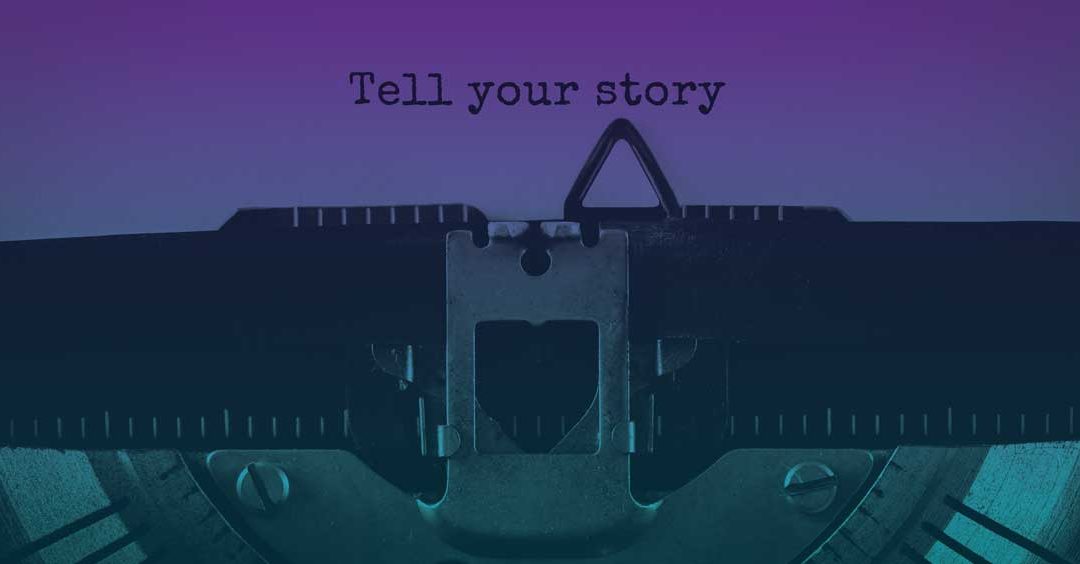Addiction – What It feels Like, a Personal Reflection
What does it feel like to have a drug and or alcohol addiction? Unless a person actually has the disease it is virtually impossible to describe the feeling in words. I am in long term recovery and have had the good fortune to work with hundreds of addicts over the past three years, many have recovered and are still in recovery.
Most people struggling with addiction wonder if they will ever get well. They wonder why they can’t stop. They wonder why they keep doing the same things over and over with ever more devastating results to themselves and others each time they use. When a person is at the very depths of their addiction they often feel a sense impending doom. This feeling is very real. They feel completely hopeless and unable to function. Their ability to think rationally is lost. Their ability to feel good about anything is lost. Many addicts describe this feeling as a “living hell.”
My wife at the time was not supportive and made little effort to understand this disease. At one time I was very resentful and hurt over this. Today, I realize that was her choice and not every spouse or family member or friend is willing to go through that. Having never been into any type of treatment and with little if any knowledge of recovery programs, I felt doomed. I felt desperately alone, even around friends and family.
To a great number of addicts, they seem to have been born with the disease or at least the traits that are conducive to becoming addicted. Many of us felt restless, irritable, and discontented from the time of our earliest memories. We felt like we just didn’t fit in. When we discovered drugs/alcohol, many of us thought we had found the answer. Others felt this way only after they begin to use. Regardless, the feelings of restlessness, irritability, and discontent become so intense that it drives addicts to what they see as a solution.
Prior to becoming ill with addiction, or in addiction or in “dry spells,” there are a number of common characteristics in the way addicts or potential addicts think. We tend to think everyone is thinking about us, almost like we are the center of the universe. Of course most people are not thinking about us, and we most certainly are not the center of the universe. Second, our minds seemingly run a million miles an hour. The racing mind becomes virtually unbearable. Third, our anxiety and/or depression levels are typically off the chart, sometimes with very wild and erratic mood swings. Fourth, we have an inability to live in the present moment, continuously projecting into the future or the past.
There are many other characteristics that we share, but these seem to be the most common. In this state of mind and without treatment, it is perhaps not surprising that the addict seeks for a sense of ease and comfort. Left untreated and perhaps not surprisingly, untreated addiction almost always results in the addict either continuing or resuming the use of drugs/alcohol in ever larger quantities.
I am happy to say that I am one of those people! I have never been happier!


